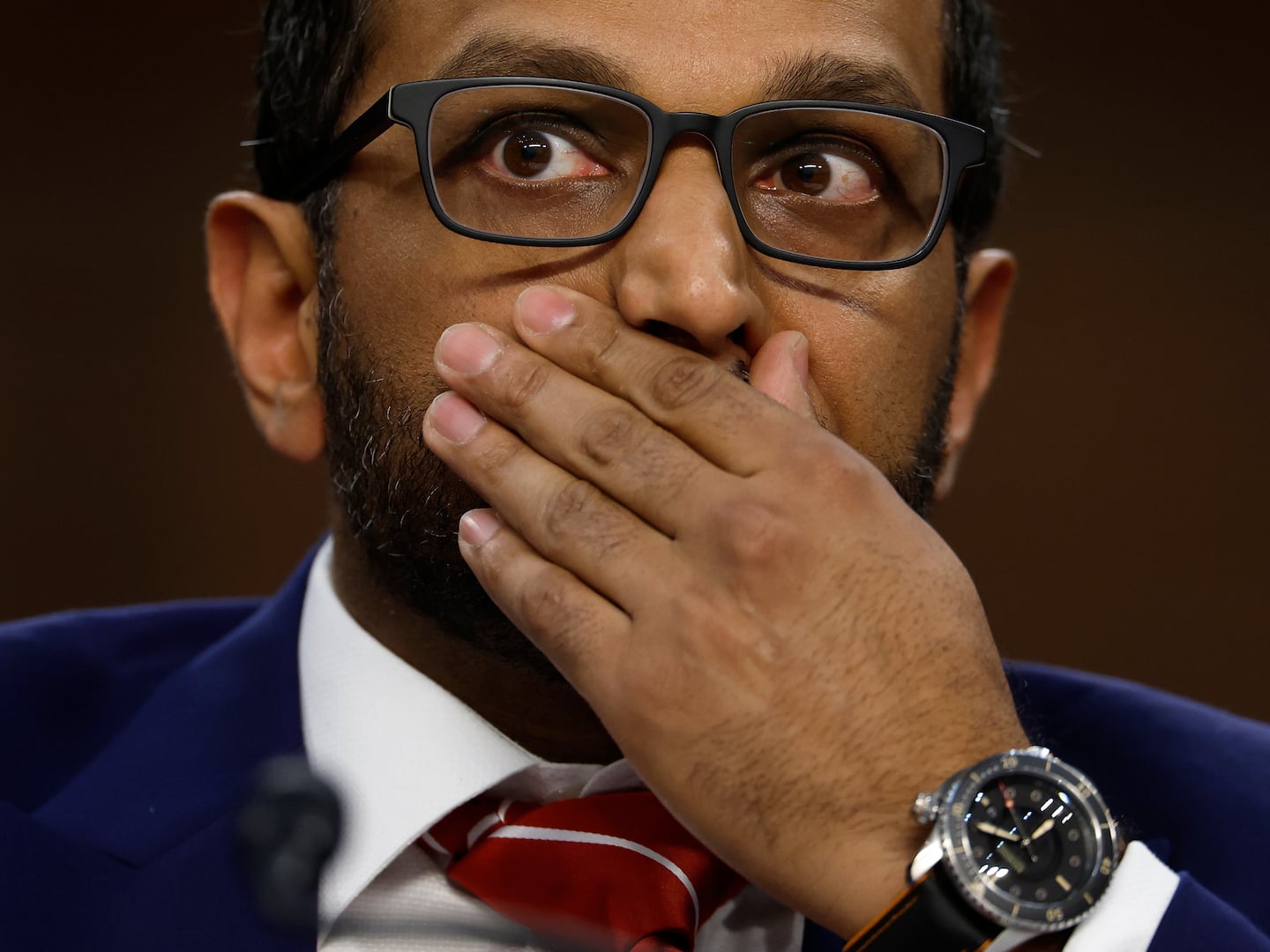This year, graduating CUNY Law student Fatima Mohammed was elected by her peers to speak at her school’s commencement ceremony. Taking the stage during the May 12 ceremony, at a school that enjoys a reputation for social justice, Mohammed used her platform to speak about her class’ experiences and a number of political issues.
She spoke, for instance, about her classmates’ shared struggles with COVID-19 and highlighted their efforts to stop CUNY from contracting with data companies that work with ICE. She drew attention to deadly conditions at Rikers Island, criticized Mayor Eric Adams and Senator Chuck Schumer’s lukewarm responses to the killing of Jordan Neely, and condemned CUNY Central for its ties to the NYPD, which she called a fascist institution.
But Mohammed’s remarks about “Israeli settler colonialism,” while resoundingly applauded in the auditorium at the time, would come to touch a nerve after the fact.
Namely, in praising CUNY Law as “one of the few, if not the only” law schools to publicly come out in support of its students’ Palestinian activism, Mohammad said that “silence is no longer acceptable,” as Israel “continues to indiscriminately rain bullets and bombs on worshippers,” “encourages lynch mobs to target Palestinian homes and businesses,” and perpetuates a “project of settler colonialism, expelling Palestinians from their homes.”
While her comments on Israel drew little outside attention at first, as the New York Post began covering these portions of the speech two weeks later an online pile-on ensued, with prominent politicians across the aisle taking to Twitter to blast Mohammed’s speech—or, rather, their perceptions of it.
Republican Sen. Ted Cruz suggested Mohammed had “enthusiastically celebrate[d] antisemitism.” Democratic Rep. Ritchie Torres called her “crazed,” pathologizing her words as “anti-Israel derangement syndrome.” Mayor Eric Adams (whose own speech at the CUNY Law graduation was met with derision from many students), too, cast aspersions on the graduate’s so-called “words of divisiveness.” On May 30, Mohammed was plastered on the cover of Murdoch’s New York tabloid, beside the headline “Stark Raving Grad.”
That same day, surely feeling the heat, CUNY’s board of trustees and chancellor issued a statement condemning Mohammed’s remarks as “hate speech”—which, they added, “should not be confused with free speech”—as they represented “a public expression of hate toward people and communities based on their religion, race or political affiliation.”
While this statement from CUNY leadership indicated no intention of formally punishing Mohammed, it has rightfully raised free expression concerns at CUNY Law.
For one, the CUNY administrators’ assertion that Mohammed’s speech does not constitute free speech flies in the face of First Amendment protections. On top of that, the curious inclusion of “political affiliation” in their definition of hate speech deviates from the standard understanding of the term—a letter signed by 40 CUNY Law faculty described this addition as “wildly inconsistent with long-standing and legal definitions of the concept of hate speech.”
The faculty signatories also made note that “none of the student’s comments attacked any persons or protected classes,” and lamented the statement’s apparent “attempts to equate the scourge of antisemitism with criticisms of the State of Israel.” Indeed, Mohammed’s critiques of Israel and the IDF (like her criticisms of the United States, the NYPD, et cetera) made rhetorical targets of governments and institutions rather than, as the charge of hate speech suggests, disparaging religious or ethnic groups. CUNY’s statement failed to appreciate this crucial distinction.
The Jewish Law Students Association (JLSA) at CUNY Law was quick to express solidarity with Mohammed and dismiss suggestions that her speech was antisemitic. In a statement signed alongside several other CUNY Law student organizations, the JLSA held that “the majority of CUNY Law’s Jewish students… wholeheartedly stand with Fatima and have been grateful to have her as our classmate throughout law school.”
CUNY did not respond to The Daily Beast’s requests for comment.
Aside from conflating Mohammed’s criticisms with hate speech, the administrators’ May 30 statement also troublingly threatened to exacerbate, and lend legitimacy to, the onslaught of hate she faced amid what The New York Times described as “nearly nonstop, consistently furious international tabloid coverage.” Observers have regarded the chancellor and board of trustees’ apparent deference to external pressures as disappointing if not predictable.
In an email to The Daily Beast on behalf of CUNY Law’s JLSA, Eric Horowitz, a member of the association’s executive board, wrote: “Although we were dismayed by [the May 30] statement, its contents did not come as a surprise to us. CUNY central has a well-established history of prioritizing their standing in the eyes of politicians and media at the expense of student-organizers.”
“Even though CUNY primarily serves working-class New Yorkers and People of Color,” Horowitz continued, “CUNY central has demonstrated a particular animus against student organizers like Fatima—a Muslim Woman of Color from Queens.”
On the evening of June 5, protesters convened outside a CUNY board of trustees meeting to “demand that the Chancellor and BOT rescind and apologize for their defamatory statement against Fatima” and “call for the resignation of the BOT members,” as per a press release shared with The Daily Beast.
An organizer of the protest, Palestinian activist and CUNY Law alumna Nerdeen Kiswani, told The Daily Beast that the protesters seek to “fight back against false claims” of antisemitism levied against pro-Palestinian activists for expressing “legitimate grievances” with Israel, and to draw attention to a “pattern of CUNY throwing their students under the bus [and] exposing us to Islamophobic hate.”
In this case, such hate became such a threat to Mohammed’s security that, as The Mehdi Hasan Show recently reported, the CUNY Law grad “has had to go into hiding.” Naz Ahmad, a staff attorney at CUNY Law, told Hasan that Mohammed “had to leave and explain to her parents why this is happening,” and that CUNY Law faculty is looking to “connect her with resources that help people who have been doxxed.”
This context considered, it seems entirely untoward of academic administrators to have compounded the barrage against an imperiled community member with an imprecise, hair-trigger denunciation of her political expression, rather than an unequivocal affirmation of her free speech rights.
In this haphazard attempt to avoid the heat of controversy, those helming this progressive academic institution and supposed bastion of free inquiry seem to have chilled open debate instead, reinforcing the notion of a “Palestine exception” to free expression while doing so.







